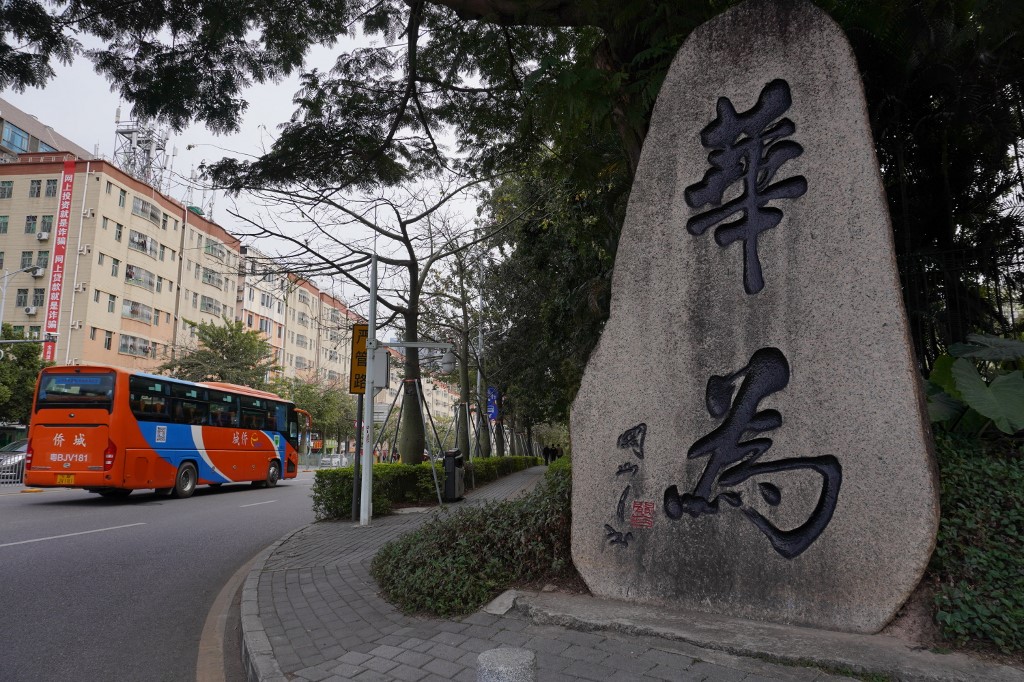(ATF) China’s Huawei Technologies has stepped up chip investment by taking stakes in 20 local chip companies over the past 18 months, while the US chip ban has caused the company to fall out of the world’s top five smartphone vendors in the fourth quarter.
Huawei, including shipments by the budget Honor brand that it divested in November, fell outside the top 5 smartphone vendors and bagged a sixth spot, Canalys research showed.
“Huawei dramatically receded in most markets as the result of the US sanctions,” said Canalys Research Analyst Amber Liu in a statement.
Amid Huawei’s decline, Apple shipped its most iPhones ever in a single quarter, and became the word’s No. 1 smartphone seller, rising from the No. 4 spot in Q3. Samsung, Xiaomi, Oppo and Vivo took the second to fifth spots, respectively, according to Canalys.
While the Canalys report showed Vivo and Huawei were close with shipments of 32.1 million and 32 million units in Q4 respectively, IDC has reported Huawei shipments of 32.3 million units and ranked it the fifth in Q4 – ahead of Vivo.
As US sanctions bite, Huawei was rumoured last week to be in early talks to sell its P Series and Mate Series premium smartphone brands to a consortium of government-backed firms, according to Reuters. The chief executive of Huawei’s consumer business group, Richard Yu (whose Chinese name is Yu Chengdong), was rumoured to be moved to a new role.
However, Huawei denied the rumours and announced last Wednesday that Yu will concurrently head the company’s cloud and artificial intelligence business group, in addition to his roles heading the consumer and “intelligent car” business groups.
Yu led an overhaul of Huawei’s smartphone business in 2013 to switch the focus to premium products – a move that eventually made Huawei the world’s top smartphone vendor in Q2 of last year.
INVESTMENTS IN 26 COMPANIES VIA HUBBLE TECH
In the meantime, public company records show that Huawei has ramped up its investment activities through Hubble Technology Investment, a wholly owned venture capital arm.
With paid-in capital of 2.7 billion yuan ($417 million), Hubble was set up in April 2019, a month before Washington added Huawei to a trade blacklist that restricted access to American technology.
Since then, Hubble has made strategic investments in at least 26 Chinese tech companies, of which 20 are semiconductor-related, according to data from the business research platform Qichacha.
The acceleration of investment and the range of targets underscore the company’s eagerness to free itself from US restrictions and maintain its tech development.
Of the 20 investments, about half took place after the US Commerce Department in August further tightened export control rules to restrict even non-US players from using American technology to supply the Chinese company.
Huawei’s investments in the companies range from 3% to 24% of their ownership, based on data from Qichacha. The investment would provide Huawei with access to a broad range of integrated chip development services, from design and production to packaging and testing.
However, industry professionals say the equipment makers that Huawei has invested in are far smaller than their international rivals, and it is unlikely for Huawei to build a self-sufficient semiconductor supply chain in the short term.
Huawei’s investment included domestic chip developers that focus on communication semiconductors such as radio frequency chips, analog chips and antennas.
They also included local companies that supply materials for semiconductors, such as SICC and Tankeblue Semiconductor, which make silicon carbide, inspection tool makers such as Epiworld International, as well as chip production equipment makers like Shenzhen Skyverse and Ningbo Allsemi Microelectronics Equipment.
CHIP DESIGN TOOLMAKER
Its most recently recorded investment in the chipmaking sector came in late December, when it bought a 15% stake in NineCube, a Chinese chip design toolmaker founded in 2011 in Wuhan.
Huawei’s chip design arm, HiSilicon Technologies, designed the high-end Kirin mobile processors used in Huawei’s premium smartphones.
However, Kirin chips faced serious shortage problems after Washington imposed restrictions that bar companies such as Taiwan Semiconductor Manufacturing Co, which use American technologies, from making chips for Huawei.
Currently, Huawei is relying on inventories of high-end chips it stockpiled over the past two years.























